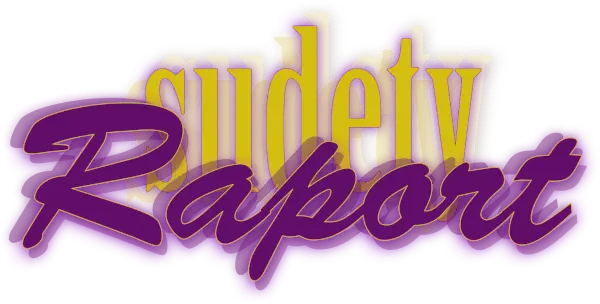THE BOOK OF GUANAHANI
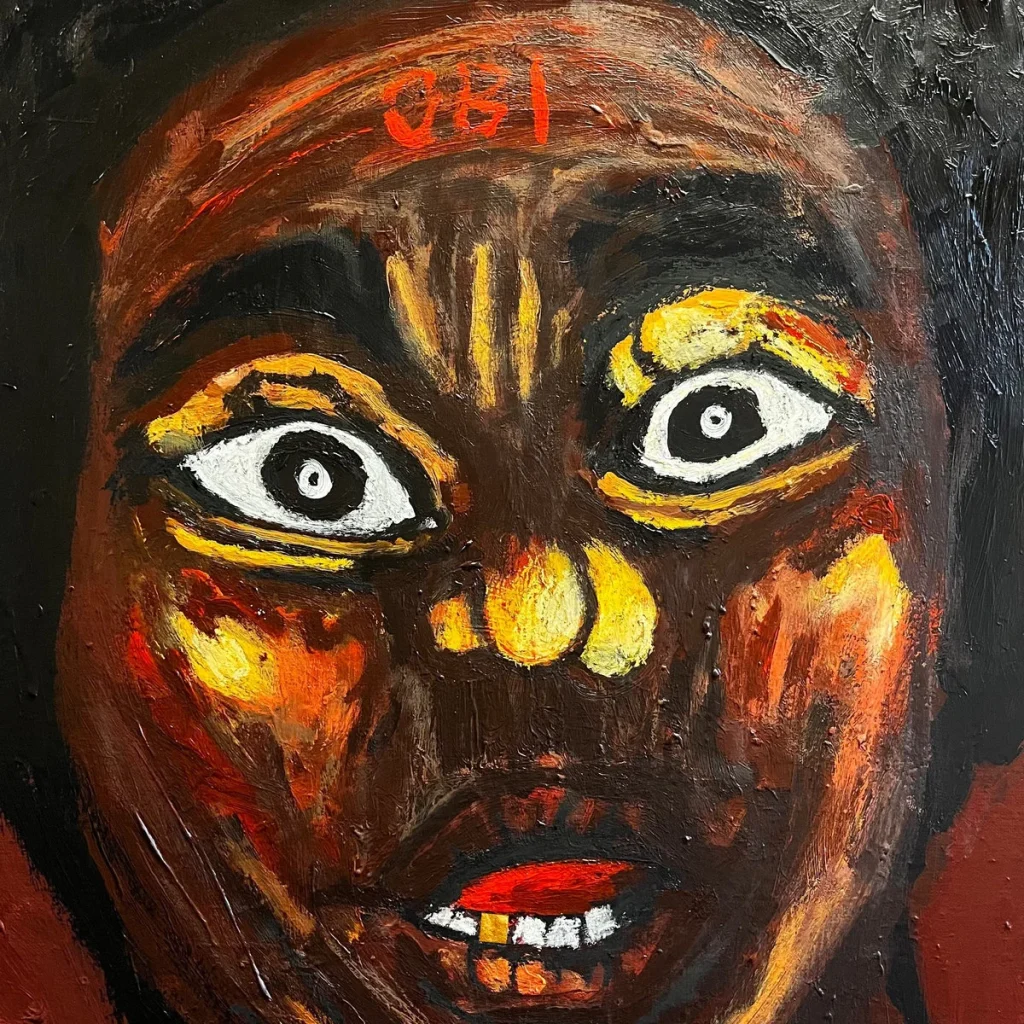
PARADICE ISLAND (Prologue)
Rap. For each of us, this word has a different connotation, evokes a certain emotion, or is differently important to each of us. But you’ll agree with us that it has been gaining momentum in recent years, and rap is one of the most influential forms of art in the world. At Sudetyraport, we try to select the most interesting things from rap and bring you closer to the uniqueness, importance, and power of this exceptional genre. Rap, like any other art, increases empathy, mirrors emotions, broadens perspectives, provides a certain emotional security, and allows listeners to identify with rappers. Rap has the ability to create a strong emotional connection between the artist, the work of art, and the listener. These connections can lead to increased empathy and understanding of different emotions and perspectives. Art is the voice of the people, and in rap, this is doubly true. For more than thirty years, people who are from poor backgrounds, isolated locations, criminalized by society, or victims of all kinds of discrimination have been given a voice in rap. It doesn’t necessarily have to be for American ghetto dwellers; rap is the perfect tool for everyone. In the following article, we reflect on why rap is one of the most unique ways to enhance empathy and can help you better understand people from distant countries, foreign cultures, and vastly different backgrounds. And few rap albums are as thought-provoking as GUANAHANI (2022) by artists Obijuan and dylantheinfamous. Open with us the book of the bloody history of the island country of the Bahamas and the masterpiece GUANAHANI, on which Obijuan takes you into a world that is steeped in history and magic, remembers, and does not forgive. Before we open our book, however, we must warn you:
“Ain’t no shit for the weak hearted nah mean”
CROOKED VISOR by Obijuan (2021)
PART I. HISTORY
History tells, art brings to life. To better understand rapper Obijuan, his album GUANAHANI, and the difference between knowledge and understanding, we have divided our article into two parts. In Part I, subtitled History, we take a brief look at the history of the Bahamas and summarize the key events you should know. In Part II, subtitled Empathy, our point of view changes and the emotion-laden history spills over into the empathy that the aforementioned album helps to generate. No longer will we read the bare facts, but the writings of a talented rapper who really has something to offer.
EXUMA (Chapter One)
“I came down on a lightning bolt
Nine months in my mama’s belly
When I was born, the midwife screamed and shout (Ah)
I had fire and brimstone coming out of my mouth
I’m Exuma, I’m The Obeah Man (Obeah)“
Exuma, the Obeah Man by Exuma (1970)
Before we get into the history of the island country of the Bahamas, we’d like to introduce you to the life of the artist who is the subject of this article. The album itself will tell us what kind of person Obijuan is, what values he holds, and what attitudes he takes. But let’s summarize some factual information at the beginning. You’re reading Part I. History, so we won’t avoid some of the rough text. Obijuan was born in Nassau, the capital of the Bahamas, located on the island of New Providence, the most populous island in the country. Obi was raised both in the city and on smaller islands and, from an early age, absorbed both the West Indian culture (the historical collective name for the Greater Antilles, the Lesser Antilles, and the Lucayan Archipelago) and the American one. He has been making music for over a decade but didn’t make a bigger splash on the scene until 2019 with the album the king’s wishes (with GRIMM Doza). The album was released under the auspices of the Bad Taste label. Does this label mean anything to you? It should. In our article Trellion – Lighhouse Tape, we’ve broken down in detail the British atmospheric underground sound that is the forte of the aforementioned label. Go get educated.
“I try to be a story-teller, a musical doctor, one who brings musical vibrations from the universal spiritual plane through my guitar strings and my voice.“
Exuma describing his process of musical creativity (Wavelength, 1981)
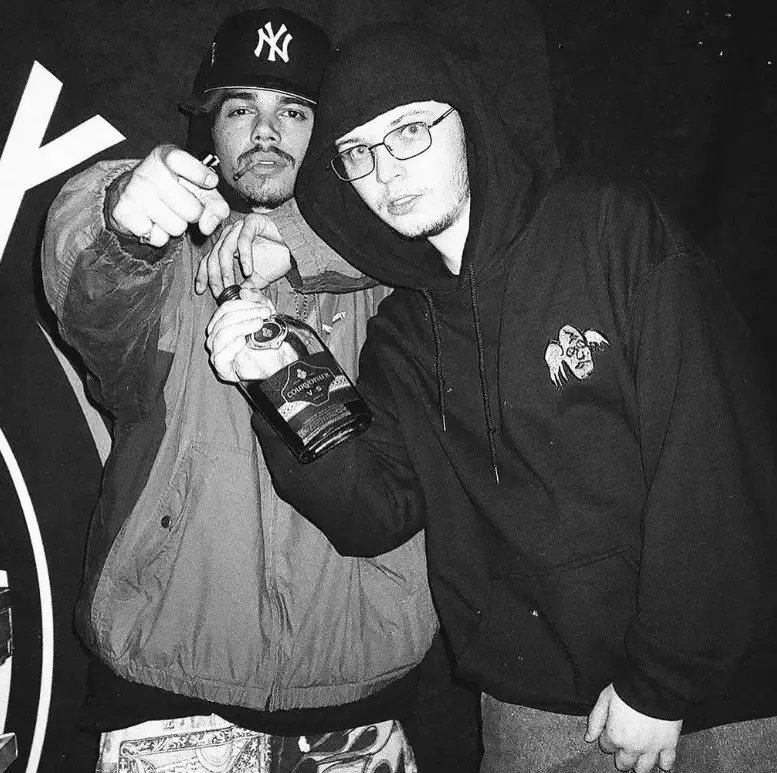
Since then, he has released around twenty other projects that have left an indelible mark on history. More than once, he collaborated with the talented producer dylantheinfamous, who also produced the album GUANAHANI in its entirety. Obijuan, along with rapper looms., formed the duo languid.oceans. Their debut album, languid.oceans (2020), is a must-hear. The artists are preparing their long-awaited sophomore effort, and we hope to hear it soon. We didn’t really register Obijuan until last year, thanks to Slang Casino (with Yungmorpheus). This year is far from over, but the rapper has already released BIMINI ROAD [RAW & UNXUT] (with no. face), MANGROVE MAZE (with Wino Willy), XODEX GIGAS (with Argov), WAVONOMIXX (with Hooksarthur), and XAONABO [RAW & UNXUT], on which he once again teams up with dylantheinfamous (author’s note during revision of the article in 2026: the discography of both artists has grown enormously since 2023, yet their work has lost none of its quality).
“All music that has ever been written and all music not yet written. It’s feeling, emotion, the sound of man, the sound of day creatures, night creatures and electrical forces.”
Exuma describing his music (Record World, 1970)
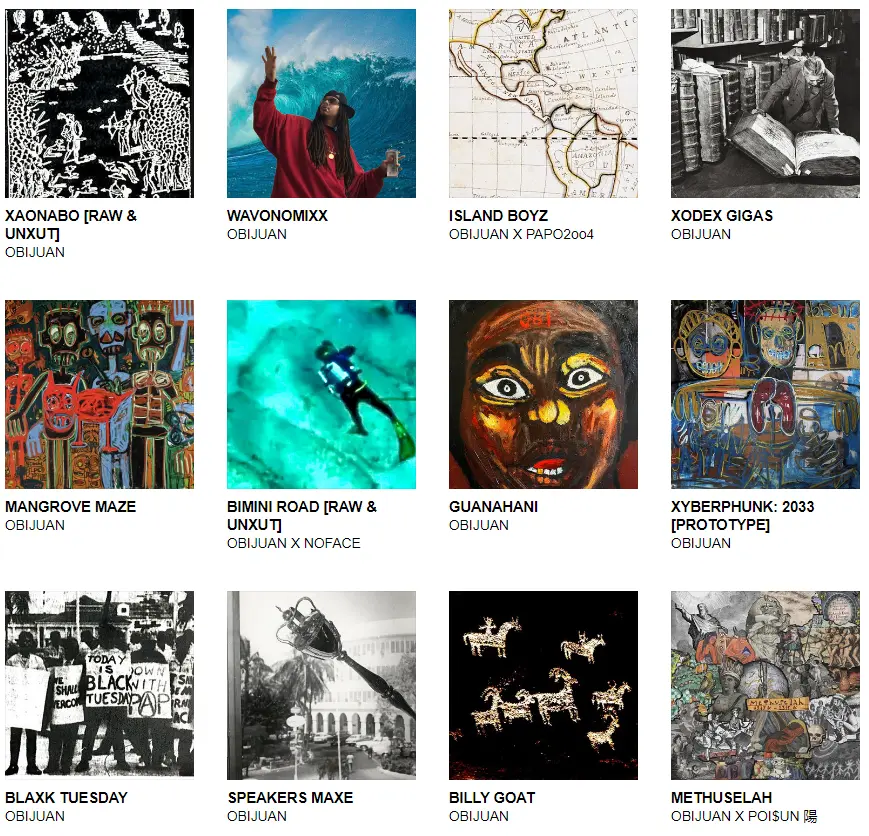
Before heading to streaming services, Obijuan releases his albums exclusively on Bandcamp, where they are priced in the tens and hundreds of dollars. If you prefer physical media, don’t despair; you can get some of his albums on vinyl. Why is this model of releasing music not only a pragmatic way for the rapper to stay on the scene, make money, and stay competitive as an underground artist, but also an integral part of his personality, shaped by the bloody history described in Chapters Two and Three? You’ll find out later in the article. Dive into the rapper’s discography and go support the artist; he deserves it like few others. But don’t hesitate for long; the price of his records could double tomorrow. We’ve got that pleasant part of history behind us; now the pages of our book will be covered in blood.
BLUE BLOOD (Chapter Two)
“I used to kiss my Saint Christopher, fuck Christopher Columbus
1491, it’s one and done, this shit is fucked up“
1491 by Navy Blue (2020)
Christopher Columbus was a Genoese (present-day northwestern Italy) navigator and colonizer who, in the service of the Catholic kings of Spain, made four voyages across the Atlantic Ocean that launched European interest in the new continent now known as America. Columbus’s voyages began the Spanish colonization that would spill over into the race by European powers to colonize both South and North America.
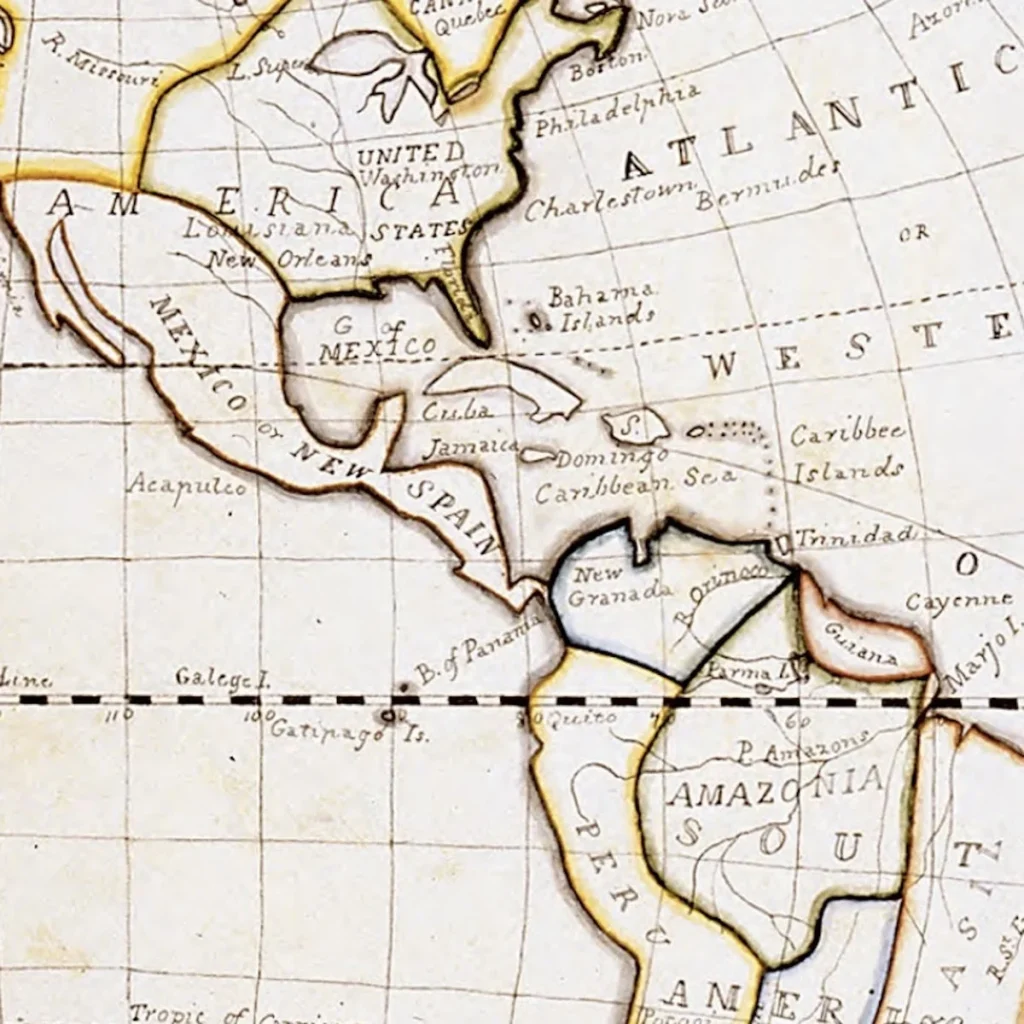
The beginning of the first expedition dates back to August 3, 1492, when Columbus set sail with three caravels from the port of Palos de la Frontera. However, the date of interest to us is October 12, 1492, when the fleet landed on the island of Guanahani, which Columbus named San Salvador. The colonizers took the island for the king and queen. In his diary, Columbus described the island with the words: “It is quite a large island with beautiful trees and a large lake in the middle; it has no mountains, but it is covered with greenery that pleases the eye.”
“Mama Loi, Papa Loi
I see fire in the dead man’s eye
Mama Loi, Papa Loi
I see fire in the dead man’s eye (I see fire)“
Mama Loi, Papa Loi by Exuma (1970)
On the island, Columbus encountered natives whom he described as friendly, well-built, naked, and without weapons. As he did not learn from them where the gold was, he sailed northwest on October 14 for another island. On his first voyage, Columbus later landed in Cuba and Haiti. He kidnapped about twenty natives to bring with him to Spain. Only eight survived. In his statement after his first voyage, he said, “I discovered many islands inhabited by many people. I occupied them all for our most fortunate king by public proclamation and by posting his standard, no one putting up any resistance.” During three other expeditions, he visited the Greater and Lesser Antilles, the coasts of Venezuela, and Central America, which he occupied for the Spanish Empire. Columbus himself saw his success mainly in spreading Christianity. Even though the massive enslavement of indigenous peoples by the Spanish or British colonization of the Bahamas did not begin until years later, it was Columbus who planted the seeds of later European terror.
DAMBALLA (Chapter Three)
“You slavers will know
What it’s like to be a slave
A slave to your hearts
A slave to your heads
A slave to your souls
A slave to your graves
You won’t go to heaven
You won’t go to hell
You’ll remain in your graves
With the stench and the smell“
Dambala by Exuma (1970)
Several years following Columbus’ arrival, the Spanish initiated the enslavement of the islands’ native residents, the Lucayans, a branch of the Taínos who had inhabited the Greater and Lesser Antilles prior to the European arrival. These slaves were transported to the island of Hispaniola. The Bahamian islands thus became largely deserted by 1648, as most of the indigenous people were forcibly taken into slavery or died from diseases brought to the islands by the Europeans. In 1648, the English arrived.
In 1670, King Charles II granted the islands to the lords who owned the Carolinas in North America. They leased the islands with the right to trade, levy taxes, appoint governors, and administer the country from their base at New Providence. Nevertheless, the colonizers faced formidable challenges; unceasing piracy and assaults from adversarial forces posed consistent dangers. In 1684, the Spanish privateer Juan de Alcon pillaged the capital known as Charles Town (present-day Nassau), and in 1703, a combined Franco-Spanish expedition briefly took control of Nassau amid the conflict of the War of the Spanish Succession.
“The second angel, he started to cry
And he said that all the evil men must die
The third angel, said that he bought a plague
That for three months would torment man
And he said that man would pray to die
But that death would be
Just out of the reach of his hand”
The Vision by Exuma (1970)
Under the period of proprietary governance, the Bahamas transformed into a sanctuary for pirates, among them the infamous Blackbeard. In order to put an end to the self-proclaimed Pirate Republic and reinstate a system of organized governance, Britain transformed the Bahamas into a crown colony in 1718, designating it as such. In 1720, Nassau was invaded by the Spanish, and almost a decade later, a local assembly was instituted, granting British settlers a degree of self-governing authority.
However, we are more interested in events after 1784, when the Bahamas was declared a British colony. After the independence of the United States of America, the British resettled thousands of African slaves and a few East Florida Creek Indians in the Bahamas. The government provided the planters with the land they needed. European Americans were by this time outnumbered by the African American slaves they brought with them, and ethnic Europeans remained a minority in the territory.
This part of history has resulted in a mixing of cultures, with the influx of African-American cultures in particular, which has had a major impact on the shape of the Bahamas today. We must not forget, however, that the original inhabitants, the Lucayanas, were almost completely wiped out. In order to create a bridge to the second part of the article, where the rapper Obijuan and his album GUANAHANI play a prominent role, we attach the song POMPEY from the album PARADICE ISLAND (2020). In this half-minute skit, you’ll learn about the story of a slave named Pompey who revolted and became the face of the rebellion. Obijuan similarly defies the bloody influence of European powers in his art, letting his country and culture breathe on his albums.
PART II. EMPATHY
“GUANAHANI IS FORMED OF BLOOD, SWEAT & TEARS IN DA MOST LITERAL SENSE POSSIBLE, NO FIGURE OF SPEECH WHATSOEVER. DA MOST IMPORTANT PIECE OF ART I EVER HAD A HAND IN CREATING. DA ALBUM I ENVISIONED MYSELF MAKING SINCE I WAS A LOT SMALLER DEN I AM NOW. DA MUSIC I ALWAYS TRIED TO MAKE, NAILED TO PERFECTION. A PIECE OF MY SOUL BEYOND A SHADOW OF A DOUBT.
ALL THANKS TO DA SUPREME XANVAS WOVEN BY DA MYTHOLOGICALLY GIFTED DYLANTHEINFAMOUS
AN UNDENIABLE MASTERPIECE & A MIND BOGGLING ENTRY INTO MY GALAXY. AN AUDIO DOCUMENTARY OF BAHAMIAN HISTORY, DA WAY IT SHOULD HAVE BEEN TAUGHT. MY XULTURE ON DISPLAY FOR ANY TRULY WILLING TO WITNESS & ACCEPT DA ULTIMATE FORM OF GLORY, BUT NOT SOMETHING FOR DA WEAK HEARTED OR DA SPITEFUL.”
Obijuan (2022)
History can offer us the necessary context, knowledge, and stimuli for a broader understanding of the issues. But it is bare, factual, and without emotion. Thus, art enters the story to change the point of view and immerse us deeper into the plot, evoking emotions that open the door to empathy.
SHIPBUILDER (Chapter Four)
“A whole bloodline cursing columbus”
VOODOO XORNER by Obijuan (2022)
As Obijuan himself states, the album GUANAHANI was shaped by blood, sweat, and tears, as well as the history of the island after which it is named. Naming his art after his homeland is not uncommon for a rapper, with the albumBIMINI ROAD (with no face), named after an underwater rock formation, or the album PARACIDE ISLAND (with dweeb) being examples. The titles ofLESSER ANTILLES, INAGUA, andEXUMA are also beaten from the clay of Obijuan’s homeland. With his album, Obijuan has built a mythical ship on which you sail through an archipelago in a magical timelessness where a dark past merges with a hopeful future. The sand, water, and greenery are soaked in bloody history, but young souls walk on them. That’s what the album is about above all else: the people.
“Guanahani sand, guana cay gram
Guap grow in guantanamo land
Guapanese man”
INAGUA by Obijuan (2022)
It’s so utterly fitting that the first thing you hear from Obijuan’s voice on the album is the phrase “Guanahani sand.” You’re immediately transported into the rapper’s world, constantly encountering snippets of Bahamian culture in a barrage of masterful beats and top-notch rapping. Obijuan is an educated artist who doesn’t forget. He paints an almost apocalyptic picture on the track EXUMA.
“Nightfall in evolved form
No summer when the sun gone”
EXUMA by Obijuan (2022)
The arrival of Columbus moved the rudder of history and started a dystopia. Obijuan concludes his mention of the colonizer with a caustic:
“Columbus couldn’t plunder the cacique canoe
It’s no wonder he thought bleed blue (stupid)”
EXUMA by Obijuan (2022)
The term “blue blood” refers to aristocrats. This term comes from privileged noble families that are rich and powerful. In this way, the rapper confronts the unsavory beliefs with which the colonizers, especially through their religion, elevated themselves above the indigenous inhabitants of the islands and justified their brutal and unjust actions. This imbalance unfortunately persists in the contemporary world, and Obijuan reflects on this fact a few bars later.
“Blood sucker luxury
The whole world disgust me”
EXUMA by Obijuan (2022)
Scepticism towards the great powers and the Western World can be found in almost every piece, but if you know at least a brief history of the archipelago, you will certainly find sympathy for it. Obijuan is also skeptical of globalization, which exacerbates various inequalities. This skepticism is again reinforced by the past. Why should he trust elites when his native branch remembers all too well what power does to people?
“New world order spread like the swine flu”
JUNGLE FRUIT by Obijuan (2022)
Obijuan and dylantheinfamous use everything to full effect, and every aspect of the album is subordinate to its atmosphere. Whether it’s the rap, the beats, the samples we’ll get to later, or the adlibs. These help shape a cinematic and immersive experience. On the album, as adlibs, you’ll hear an aching “murderer” and a horrified “everybody.” In this way, the artists create paranoia, and you see images of colonizers invading the islands before your eyes. The ship that Obijuan built sails through burning villages and suffering people. The past stirs up aggression and hatred. In order to move past it and live happily, people need to heal first. And that’s what Obeah Man is here for.
OBEAH MAN (Chapter Five)
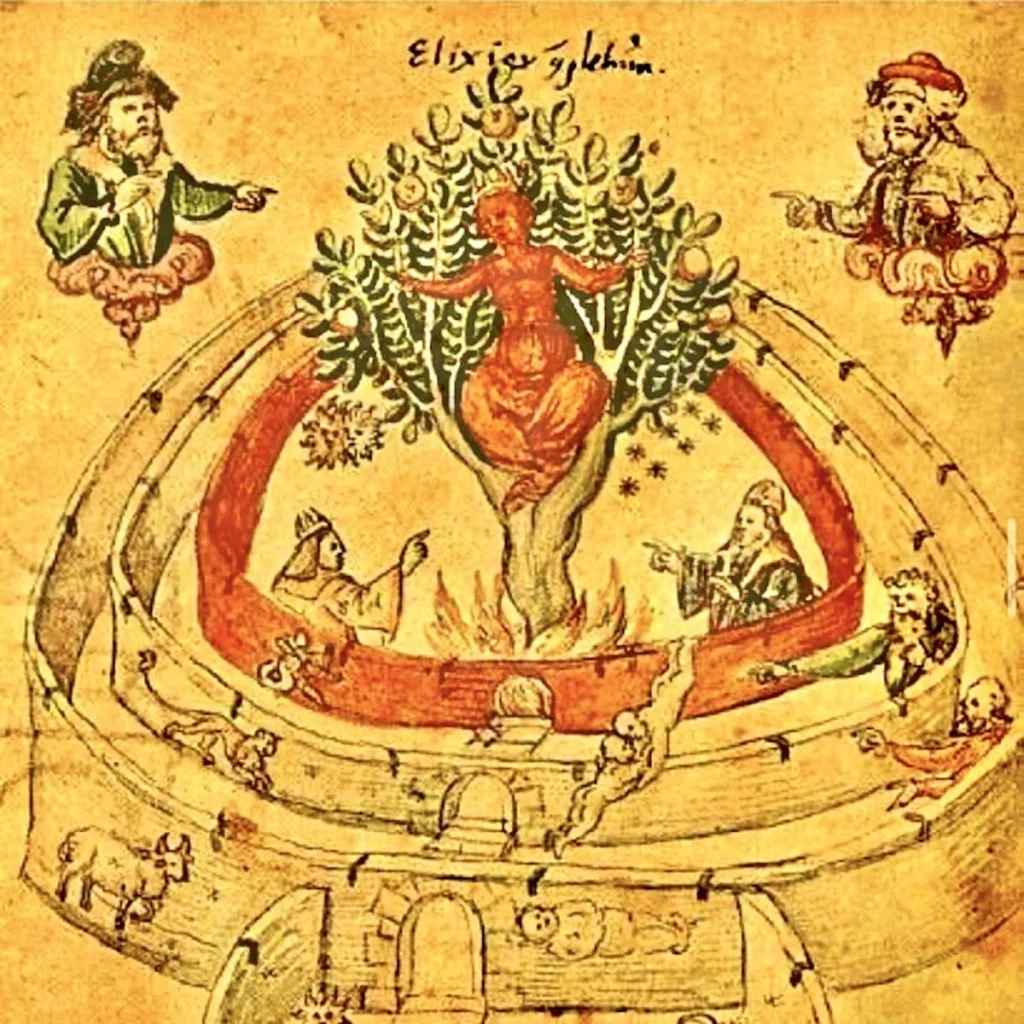
Obijuan is an artist of many acronyms, including Obeah Man. He even describes the album OBELiSK (with DøøF) with the words “ESOTERIC GNGSTA RAP.” But what does the term obeah refer to? Obeah encompasses a wide range of beliefs and practices involving the control or channeling of supernatural spiritual forces, usually for social benefit. Social benefit includes, for example, curing illness, bringing good fortune, protecting against harm, and avenging wrongs.

Although obeah was sometimes used to harass, intimidate, and harm others, obeah had an undeniably positive role in the lives of many enslaved people. The rapper uses terms and concepts from obeah or other offshoots of voodoo on his albums. On the album GUANAHANI, these terms can be found in the song titles themselves, such as JAH JAH XITY, where the term “Jah” refers to a god, or in the last track of the album, DAMBALLA.
“WAR IS ART”
XAONABO [RAW & UNXUT] by Obijuan (2023)
Obeah, however, is not just something Obijuan refers to but embodies in his music. His art is that described healing that empowers the people there. It preserves traditions because no one can erase art; it will be here forever. It is a war against the legacy of the colonizers, who spread Christianity by force. It is extremely important that Obi’s works are intertwined with the religion of the indigenous people, thus proving that Christopher Columbus did not succeed fully in his goal of spreading Christianity and that the legacy of the indigenous people who were massacred endures. Art is a shining tool for healing, casting bright rays towards a better tomorrow.
BUSH DOCTOR (Chapter Six)
We have already reflected on how Obijuan works with the bloody history, using his religion to defend and heal. In the final chapter of our book, we move to the present and how modern Bahamian culture is thriving thanks to the rapper.
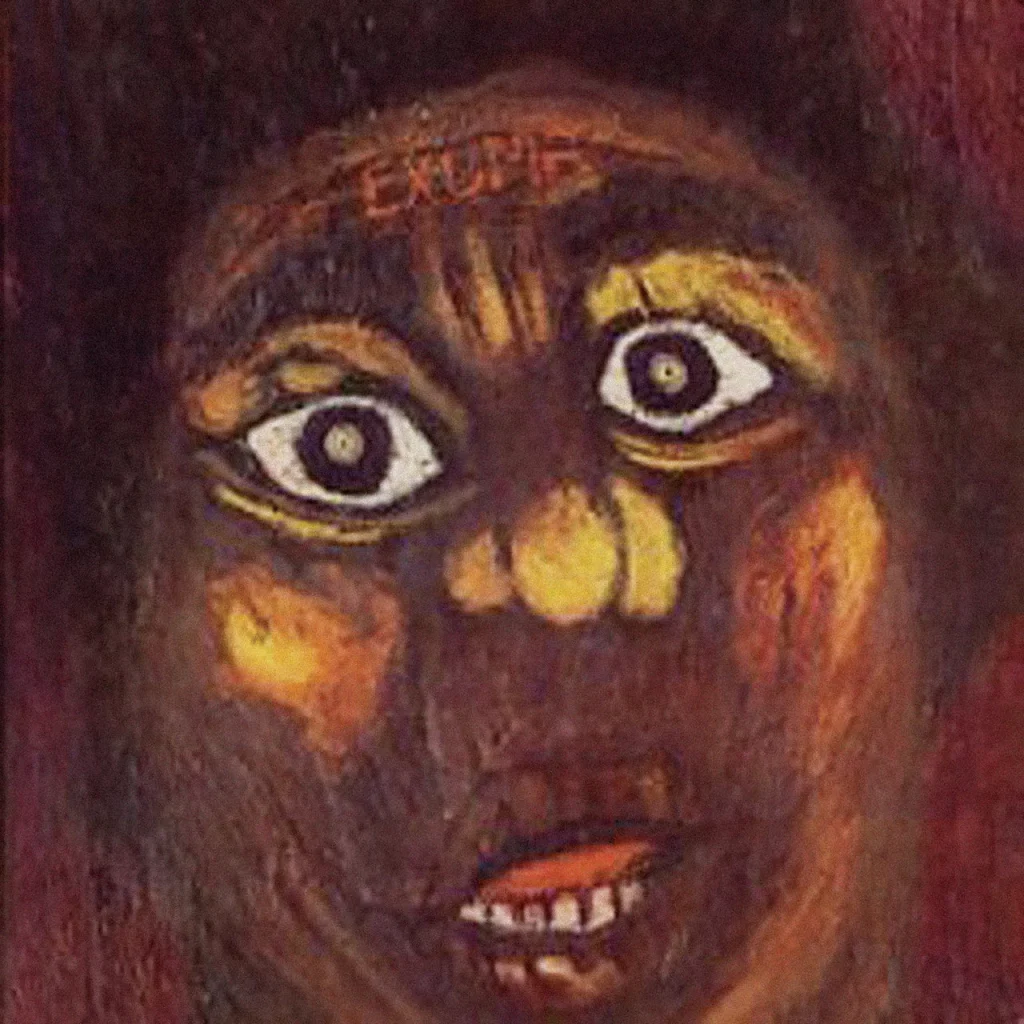
The album cover refers to Exuma, the Obeah Man (1970) by the Bahamian musician, artist, playwright, and writer Exuma. He was best known for his music, which blended folk, carnival, junkanoo, calypso, reggae, and African music. Obijuan builds on his legacy and lets the Bahamas breathe through his rap. The record is full of snippets from the aforementioned folk record, which dylan has spiced up with flavors of his own.
We must mention that Bahamian culture is at the core of Obijuana’s personality. GUANAHANI is not an album full of storytelling or some didactic interpretation of history. It breathes through nuance and detail and is a natural part of the rapper’s life. Nothing is concrete; the rapper weaves his feelings and associations into his music, but first and foremost, it is dope rap, as we all love it. Obijuan has an endless supply of flows, clever rhymes, dope wordplay, and ideas. Not forgetting producer dylantheinfamous, without whom the album couldn’t have happened. We would like to apologize to him for not getting as much space in our article as he deserved. We will definitely make up for it another time. Da mythologically gifted dylantheinfamous is one of the most interesting names in contemporary rap, and we follow his every project closely. Slowly and surely, he is making his mark among the greats of his field, like The Alchemist, Nicholas Craven, and SadhuGold.
We would like to return to Obi’s model of music publishing. As we’ve already mentioned, records can be bought mainly through Bandcamp, where they cost a few tens to hundreds of dollars. This approach is also determined by the justified skepticism of the Western World. Obijuan does not want his art to be exploited, as his native land once was. History has shown that his people cannot trust anyone, and the same is true of the music industry.
“Almost eight billion ni**as i can’t trust”
EXUMA by Obijuan (2022)
The Bahamas are more alive than ever in Obijuan’s art, making it easy for listeners to relate to this beautiful place and let theirempathy run wild. All the more so when they know, at least briefly, its bloody history. Obi treats his people and culture with respect; where some rappers, for example, resort to abject misogyny, Obi often refers to the women in his life as Nefertiti, a.k.a. the ancient Egyptian queen of the 18th Dynasty during the New Kingdom. On the album GUANAHANI, for example, he also revives Junkanoo, a holiday that was celebrated during the time of slavery.
We have completed our journey from history to empathy. Our book is closing while others, new and unexplored, are being written around the world, waiting to be read. Valuable and thought-provoking works can emerge in rap, as in any other art, making culture and people’s lives indelible and shaping the world in the future. Hopefully for the better.
XAONABO (Epilogue)
“Xaonabó’s warriors shrieked a cry that resounded off the hills and stormed the caney from all directions. Rodrigo beheld the onslaught in terror, stepping backward in retreat, screaming to warn the others. But he was ravaged by blistering pain and the horror of his death as a spear impaled his backside and emerged at his chest beside Christ’s image. He stumbled, aghast he’d belittled the Indians’ weaponry and fortitude, agonized that he’d never see Spain again, tortured by the oblivion of his demise. Wife, daughter, and queen would never learn of his service and accomplishment! The warriors swept past him as he crumpled to the ground and burst into the caney and neighboring bohíos, bludgeoning macanas (wooden clubs) and thrusting spears tipped with the stingray’s jagged, poisonous spine.”
From Columbus and Caonabó: 1493-1498 Retold by Andrew Rowen (2021)
But that’s for another time…
THE END
(where the fuck is looms.?)
Sources: Exuma Man For All Seasons (Record World), Exuma – Mardi Gras to the Second Power (Wavelength), Obeah: Healing and Protection in West Indian Slave (KENNETH M. BILBY AND JEROME S. HANDLER), Obijuan’s Bandcamp, Obijuan’s Spotify, Wikipedia, The Colonization of the Bahamas (W. Hubert Miller), The Landfall of Columbus on His First Voyage to America (A. B. Becher), Columbus and Caonabó: 1493-1498 Retold (Andrew Rowen)
